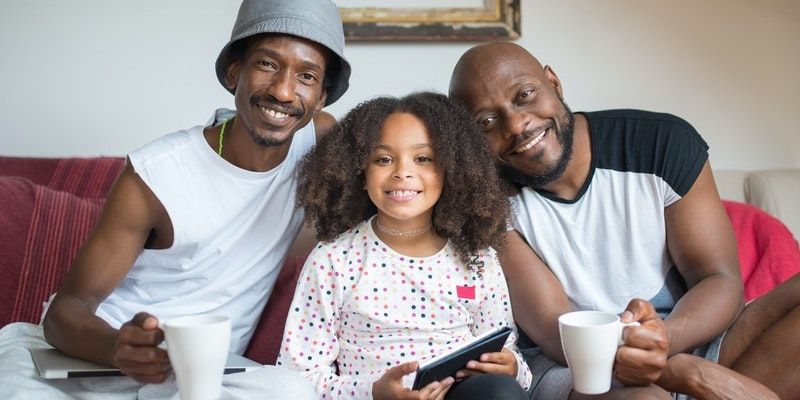Emotional literacy is the ability to identify, understand, and effectively manage one’s own emotions, as well as to recognize and empathize with the emotions of others. Cultivating emotional literacy in adults is crucial for developing strong relationships, effective communication, and overall mental wellness.
Many adults struggle with emotional literacy due to a variety of reasons, including past traumas, societal norms that discourage emotional expression, and lack of emotional education. However, it is never too late to improve emotional literacy and reap the benefits that come with it.
One of the first steps in cultivating emotional literacy in adults is self-reflection. This involves taking the time to tune into one’s own emotions, thoughts, and behaviors, and identifying patterns or triggers that may be influencing them. This practice of self-awareness allows individuals to better understand their emotions and the underlying reasons for them.
Another important aspect of developing emotional literacy is learning to effectively communicate one’s emotions to others. This involves being able to express one’s feelings in a clear and respectful manner, as well as being open to listening to the emotions of others. By honing these communication skills, adults can build stronger and more meaningful relationships with others.
Practicing empathy is also key to cultivating emotional literacy. Empathy involves being able to put oneself in another person’s shoes and understand their emotions and perspectives. By developing empathy, adults can strengthen their relationships with others and navigate conflicts more effectively.
Mindfulness practices, such as meditation and deep breathing exercises, can also help adults become more in tune with their emotions and develop a sense of emotional regulation. By incorporating mindfulness into their daily routine, adults can learn to respond to their emotions in a more thoughtful and intentional manner.
Therapy or counseling can also be beneficial for adults looking to improve their emotional literacy. A trained therapist can provide support, guidance, and tools for developing emotional awareness, communication skills, and coping strategies.
Overall, cultivating emotional literacy in adults is a lifelong process that requires dedication, self-reflection, and practice. By taking the time to develop these skills, adults can improve their mental well-being, create stronger relationships, and navigate life’s challenges with greater ease.



